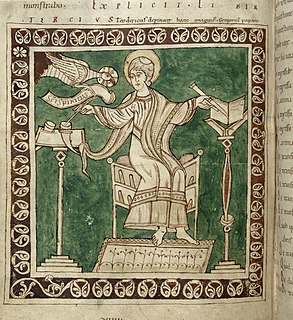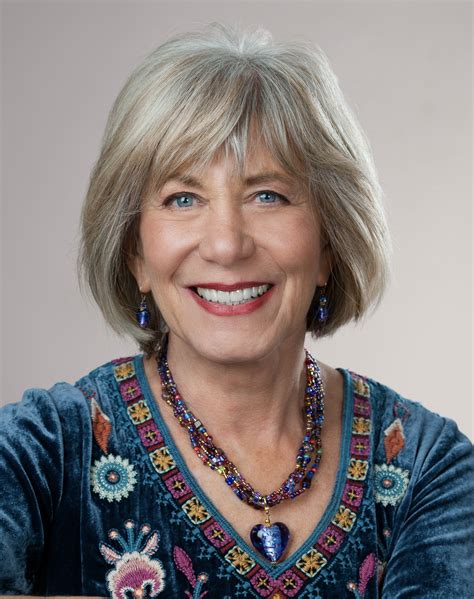A Quote by Allen Ginsberg
We love to be hurt and we love to have our unhealing wounds opened and reopened again: we sit staring in the mirror of art, fascinated by our own deformities.
Related Quotes
Love After Love The time will come when, with elation you will greet yourself arriving at your own door, in your own mirror and each will smile at the other's welcome, and say, sit here. Eat. You will love again the stranger who was your self. Give wine. Give bread. Give back your heart to itself, to the stranger who has loved you all your life, whom you ignored for another, who knows you by heart. Take down the love letters from the bookshelf, the photographs, the desperate notes, peel your own image from the mirror. Sit. Feast on your life.
How strange that we should ordinarily feel compelled to hide our wounds when we are all wounded! Community requires the ability to expose our wounds and weaknesses to our fellow creatures. It also requires the ability to be affected by the wounds of others... But even more important is the love that arises among us when we share, both ways, our woundedness.
There was Layla in the fullness of her lips, Lulu in the thick waves of her hair, Lu Xin in the intensity of her hazel eyes, Lucia in their twinkle. She was not alone. Maybe she never would be alone again. There, in the mirror, was every incarnation of Lucinda staring back at her and wondering, "What is to become of us? What about our history, and our love?
There is no enemy can hurt us but by our own hands. Satan could not hurt us, if our own corruption betrayed us not. Afflictions cannot hurt us without our own impatience. Temptations cannot hurt us, without our own yieldance. Death could not hurt us, without the sting of our own sins. Sins could not hurt us, without our own impenitence.
We believe we are hurt when we don't receive love. But that is not what hurts us. Our pain comes when we do not give love. We were born to love. You might say that we are divinely created love machines. We function most powerfully when we are giving love. The world has led us to believe that our wellbeing is dependent on other people loving us. But this is kind of upside down thinking that has caused so many of our problems. The truth is our well being is dependent on our giving love. It is not about what comes back; it is about what goes out!
I do not believe we can truly enter into our own inner pain and wounds and open our hearts to others unless we have had an experience of God, unless we have been touched by God. We must be touched by the Father in order to experience, as the prodigal son did, that no matter how wounded we may be, we are loved. And not only are we loved, but we too are called to heal and to liberate. This healing power in us will not come from our capacities and our riches, but in and through our poverty. We are called to discover that God can bring peace, compassion and love through our wounds.
Because love is the great commandment, it ought to be at the center of all and everything we do in our own family, in our Church callings, and in our livelihood. Love is the healing balm that repairs rifts in personal and family relationships. It is the bond that unites families, communities, and nations. Love is the power that initiates friendship, tolerance, civility, and respect. It is the source that overcomes divisiveness and hate. Love is the fire that warms our lives with unparalleled joy and divine hope. Love should be our walk and our talk.
Perhaps that is our doom, our human curse, to never really know one another. We erect edifices in our minds about the flimsy framework of word and deed, mere totems of the true person, who, like the gods to whom the temples were built, remains hidden. We understand our own construct; we know our own theory; we love our own fabrication. Still . . . does the artifice of our affection make our love any less real?
Growth of the soul is our goal, and there are many ways to encourage that growth, such as through love, nature, healing our wounds, forgiveness, and service. The soul grows well when giving and receiving love. I nourish my soul daily by loving others and being vulnerable to their love. Love is, after all, a verb, an action word, not a noun.







































